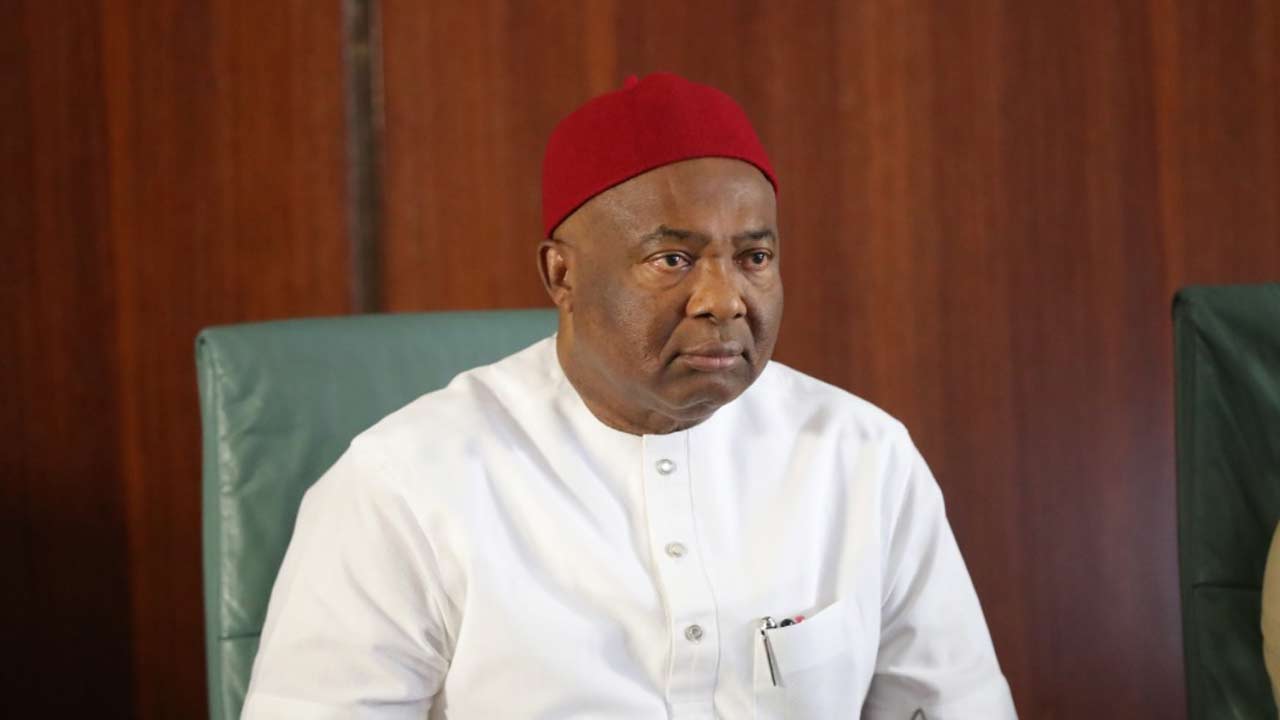Imo State Governor Hope Uzodimma has recently made a striking revelation about the potential character of his successor, expressing concerns that future leadership in the state may not embody the same deep religious commitment and reverence for God that he holds dear. His comments open a candid discussion on the role of faith and morality in governance—particularly in a politically vibrant state like Imo, where leadership decisions deeply affect the socio-economic landscape.
Uzodimma’s reflection was delivered in an atmosphere charged with anticipation about the forthcoming transitions in Imo’s leadership. He acknowledged that while he has grounded his governance in strong Christian principles, there is uncertainty about whether his successor will exhibit similar qualities. Claiming that being godly and religious has informed his decisions and guided his administration, he raised a thoughtful question: What does it mean for the state if leadership in the future departs from this spiritual foundation?
The governor’s views highlight a broader tension often observed in Nigerian politics, where personal faith intersects with public duty. Faith can be a source of ethical guidance and resilience for leaders, but governance requires also navigating a pluralistic society with varied beliefs and aspirations. Uzodimma’s remarks could be seen as both a personal statement on his identity as a leader and a challenge to politicized interpretations of faith in leadership selection.
Critics and supporters alike have taken note of this moment. Supporters might applaud Uzodimma’s emphasis on moral grounding, viewing it as essential for transparency, accountability, and empathy in leadership. Conversely, advocates for secular governance may caution against conflating political fitness with religious credentials, championing diversity and inclusiveness in representation.
This development invites reflection on the qualities that matter most in leadership—not only in Imo but across Nigeria. As elections approach, and political actors begin to position themselves for possible succession, Uzodimma’s candidness serves as a prompt for voters to consider how faith, values, competence, and vision interplay in leading a state towards progress.
As Imo navigates this crossroads, the question lingers: Will faith continue to be a cornerstone of governance, or will future leaders chart a different course? Governor Uzodimma’s insight keeps the conversation alive, encouraging citizens and political players alike to weigh the moral and practical implications of leadership qualities in shaping Imo’s future.
More than news- Its Icegate

